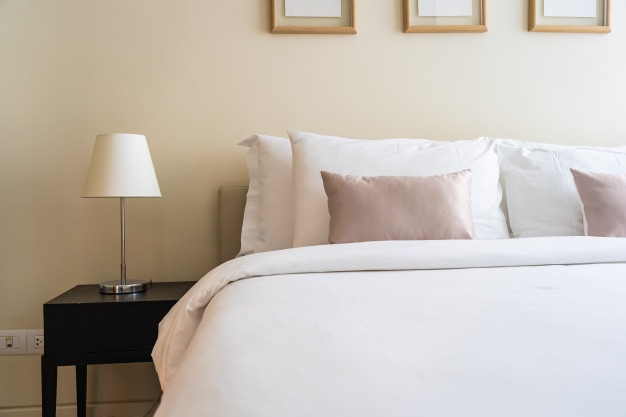I was born a night owl, loving the quiet of the late evening hours, when all the chores are done, commitments completed, the house nicely buttoned up for the night, and I have time for myself. In my younger decades I could easily stay up until 12 midnight or 1 AM, and wake up at a reasonable hour, refreshed. In the last few years, a strange shift has occurred. Even if I get the recommended number of hours of sleep, when I go to bed at midnight or later, the next day I’m tired and lack my usual pep-a-de-do. I can no longer deny the change.
It began in my early fifties and has slowly, and truly, become my new reality. I fought it for years, but now in my 60s I can no longer stay up late, night after night, and expect to fire on enough cylinders to get through my To-Do list, much less anything on my Want-To-Do list the next day.
Let me explain why the secret that I will share in a moment is so important.
Going to Bed Earlier
Going to bed earlier changed my life. I never thought this would happen, but as a gerontologist, I know retiring earlier to feel more competent is a part of aging well; a fact I wanted to ignore.
While research tells us losing our protective armor of hormones at menopause can also play a part in sleep-related issues—from small to great on a sliding scale depending on the individual woman—that isn’t my issue.
Circadian Rhythm Plays a Part in Good Sleep
Drilling into the science, I find as we get older, we experience a shift in our various circadian rhythms. Our circadian rhythms works as our body’s 24-hour internal clock. Quietly, under the radar, they carry out key functions and processes. It is my circadian rhythm governing my sleep-wake cycle that downshifted when I wasn’t looking.
Turning Off the Light
Much of the more conventional research ties an imbalance with sleep to our light/dark exposure, but I still wake up at virtually the same time I always did; it’s the time I turn off the light that makes the difference.
A few years ago, Dr. Julia Shekleton and her team at the Division of Sleep Medicine, Department of Medicine, Brigham and Women’s Hospital, Boston, in their ground-breaking article in the Journal of Clinical Sleep Medicine, identified why this phenomenon occurs. They called it the Wake Maintenance Zone.
“Wake Maintenance Zone”
We know the experience of the Wake Maintaince Zone more commonly as “getting a second wind.” Dr. Shekleton tells us the onset of our second wind usually occurs right before our body switches to “getting ready for sleep” mode by secreting melatonin—the hormone released by our brain that makes us feel sleepy.
Looking at the circadian 24-hour clock, our brain begins releasing melatonin around 9 PM to our body’s clock even if you are traveling through several time zones. Additionally, in many women, but not all, melatonin declines more sharply at mid-life, which causes many women (and men) to struggle with getting enough restful sleep.
When our second wind kicks in, we get a seemingly “burst” of energy for two or three hours more, making sleep virtually impossible. By the time this second wind winds down, we are out of sync with our natural circadian sleep/wake rhythm, and so lose precious restorative sleep time.
As Dr. Shekleton found, the next day our cognitive function suffers, and we feel tired, even if we slept in to try and make up for getting to sleep late the night before. And, if our stress level is high, our cortisol levels take an uptick at night, just as we want to float off to slumber land—and further sabotage our ability to get restful sleep.
When You Turn Off the Light Matters
From my perspective as a gerontologist, what I find is working for me, and is helping my clients, is to turn off the light while we are still in the first phases of melatonin secretion—somewhere before 11 PM.
Research tells us this is the magic hour of demarcation, after which our body begins other processes that seem to also feed a second wind.
More research is needed, but I know going to bed earlier than my usual time, makes this night owl a much happier, more energetic, and definitely pleasanter person to be around.
Until next time… Be Vibrant!
Share Your Thoughts…
Have you found that turning off the light earlier has helped you sleep better as you get older? Share your experience in the comments section below.


